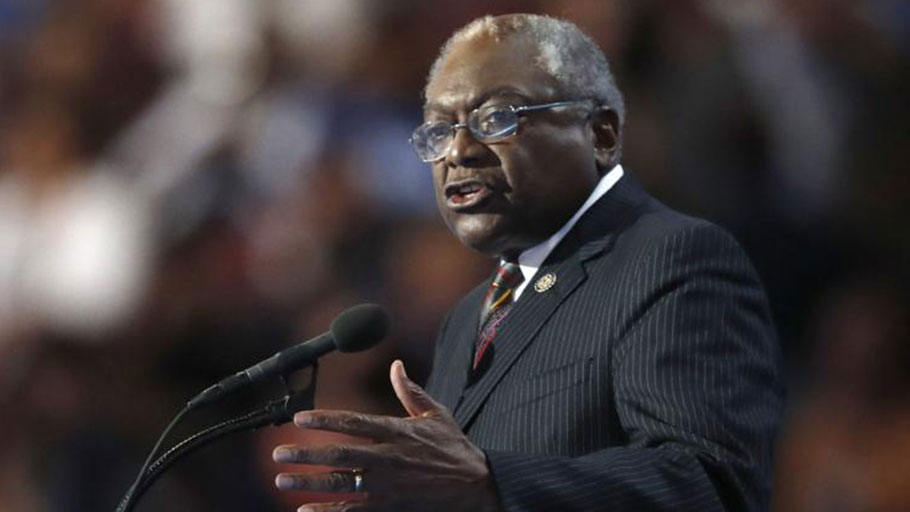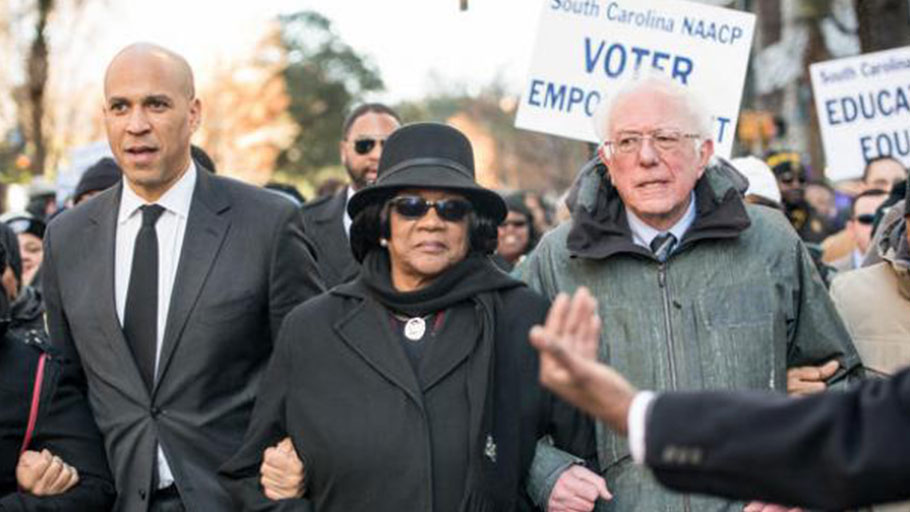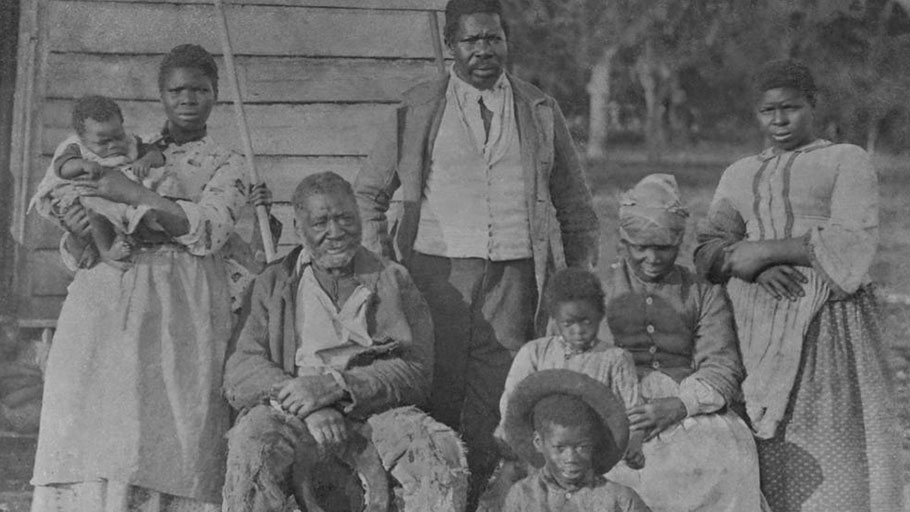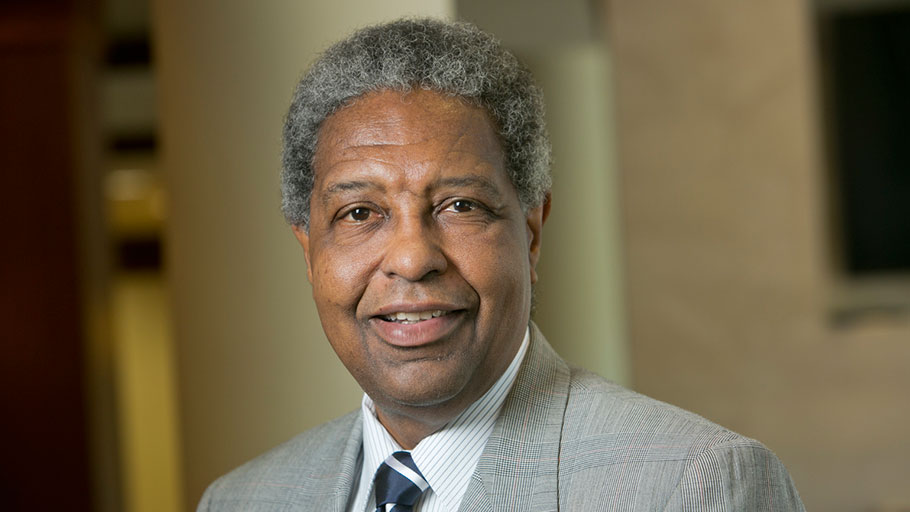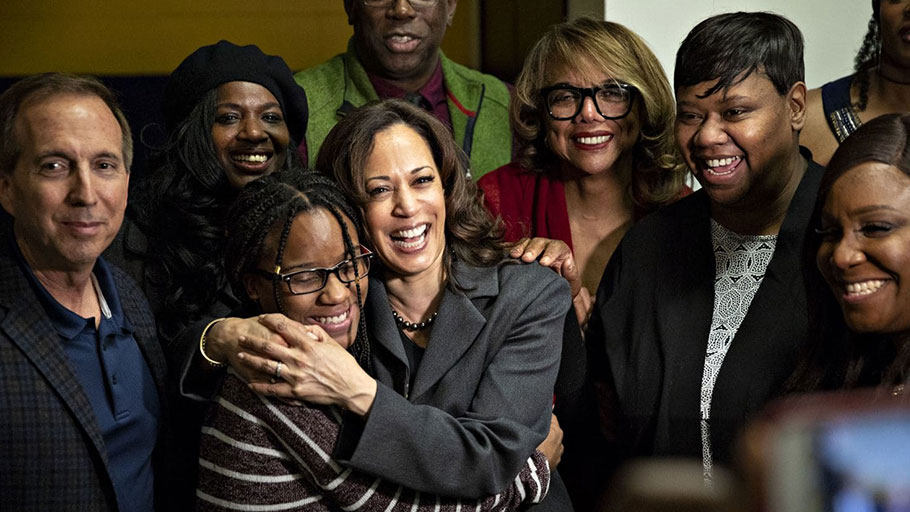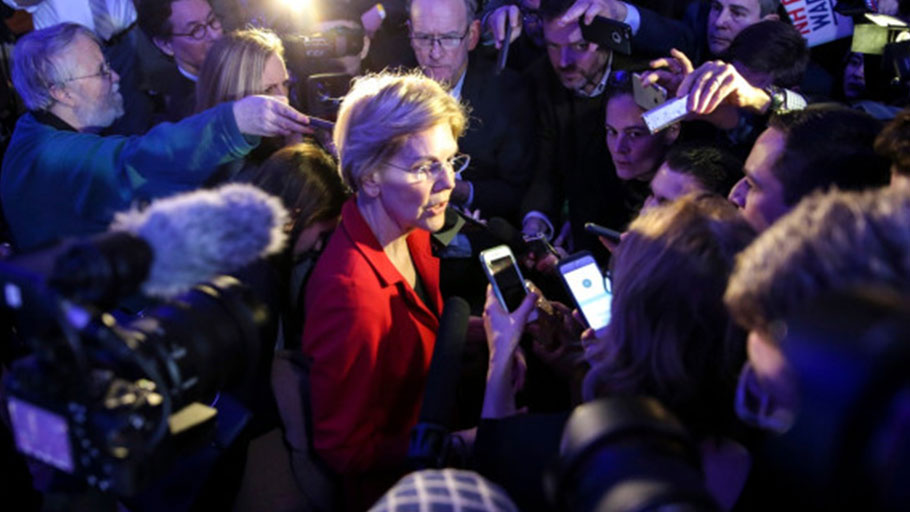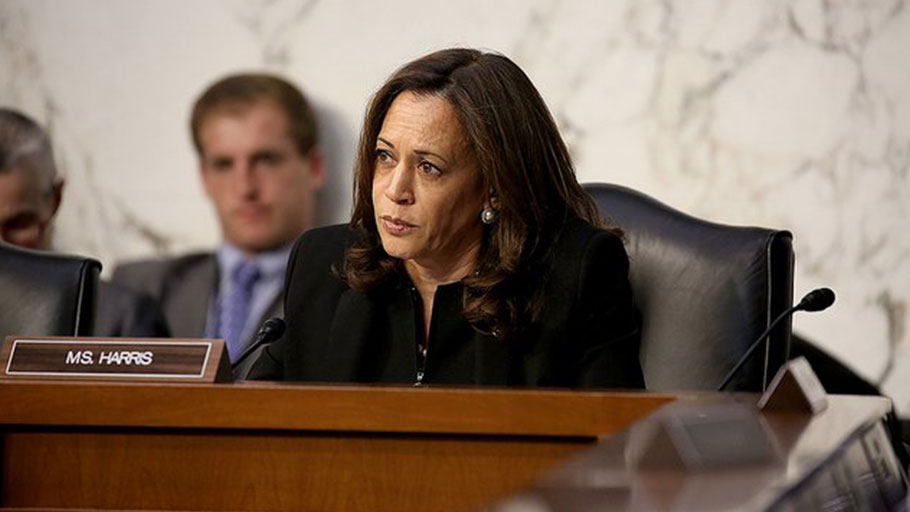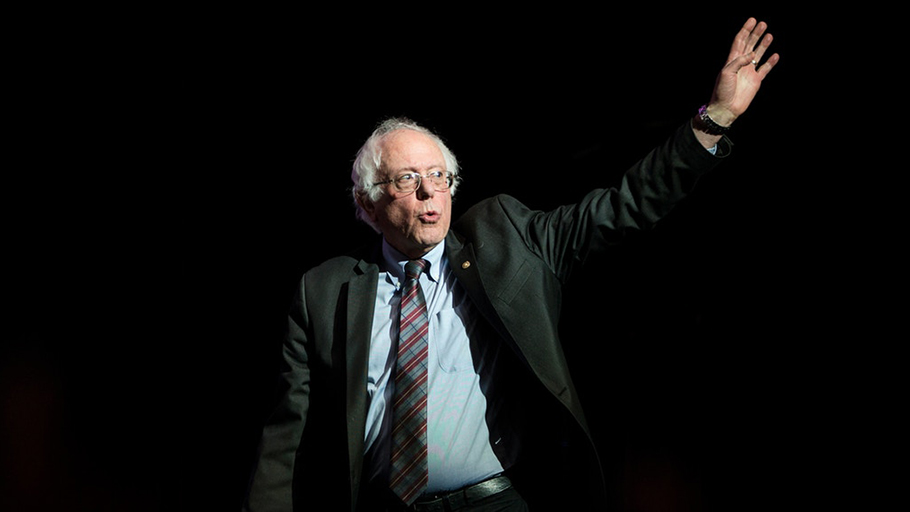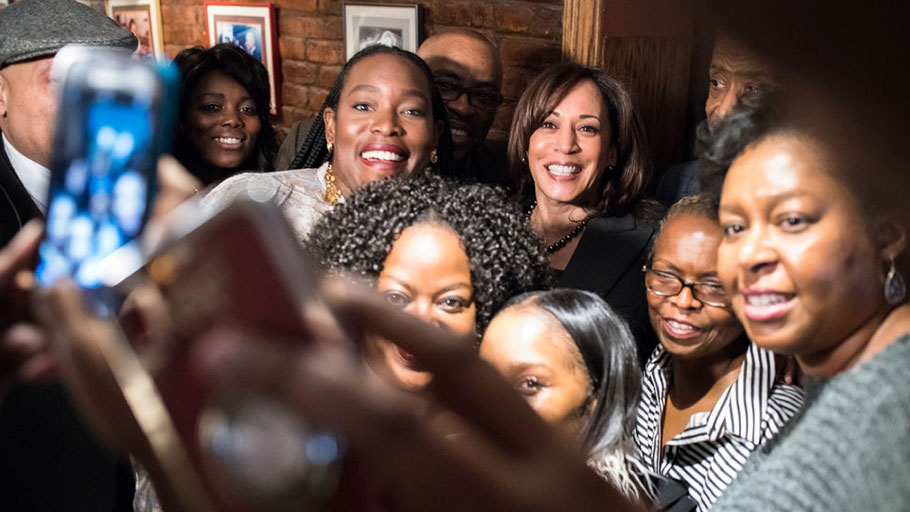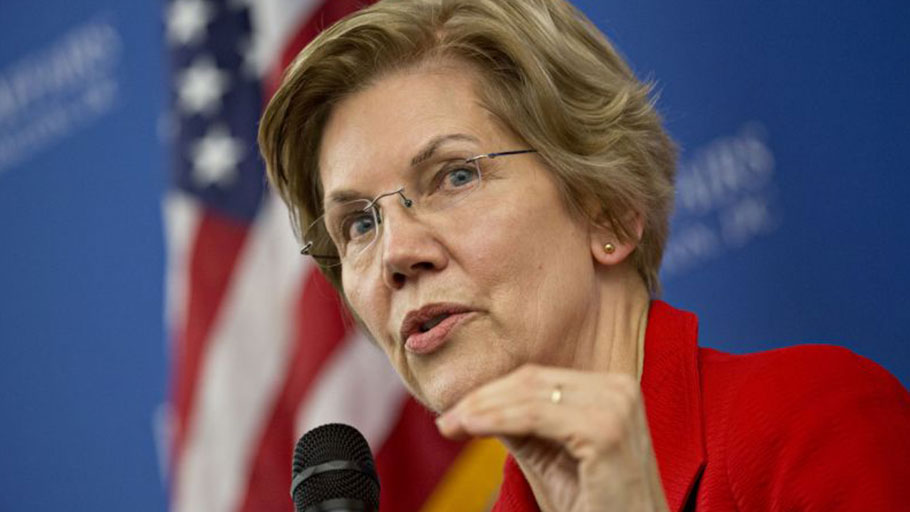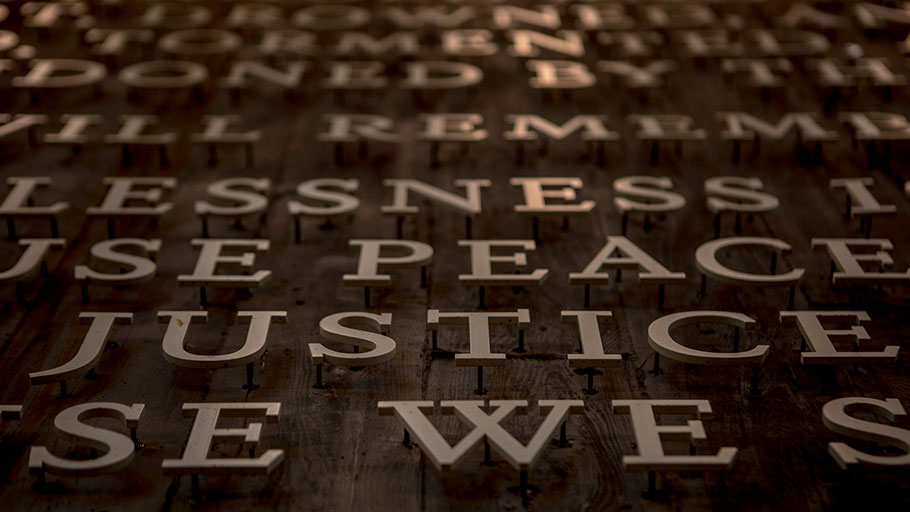
By David Brooks, The New York Times — I’ve been traveling around the country for the past few years studying America’s divides — urban/rural, red/blue, rich/poor. There’s been a haunting sensation the whole time that is hard to define. It is that the racial divide doesn’t feel like the other divides. There is a dimension of depth to it that the other divides don’t have. It is more central to…

